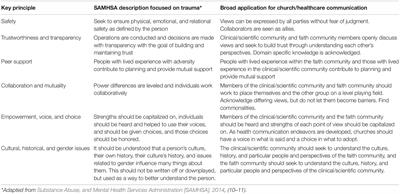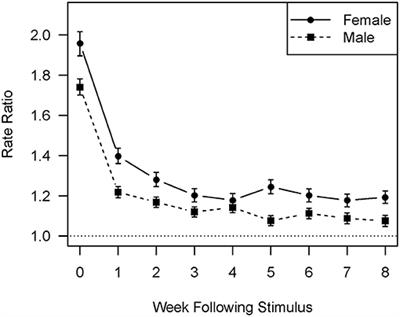EDITORIAL
Published on 12 Jul 2022
Editorial: Human Connection as a Treatment for Addiction
doi 10.3389/fpsyg.2022.964671
- 7,501 views
- 4 citations
25k
Total downloads
136k
Total views and downloads
EDITORIAL
Published on 12 Jul 2022
ORIGINAL RESEARCH
Published on 02 Feb 2022

ORIGINAL RESEARCH
Published on 21 Jan 2022

CONCEPTUAL ANALYSIS
Published on 22 Dec 2021

HYPOTHESIS AND THEORY
Published on 23 Nov 2021

ORIGINAL RESEARCH
Published on 10 Nov 2021

ORIGINAL RESEARCH
Published on 28 Oct 2021

BRIEF RESEARCH REPORT
Published on 18 Oct 2021

REVIEW
Published on 12 Aug 2021
ORIGINAL RESEARCH
Published on 02 Jul 2021
ORIGINAL RESEARCH
Published on 30 Jun 2021

METHODS
Published on 18 Jun 2021

